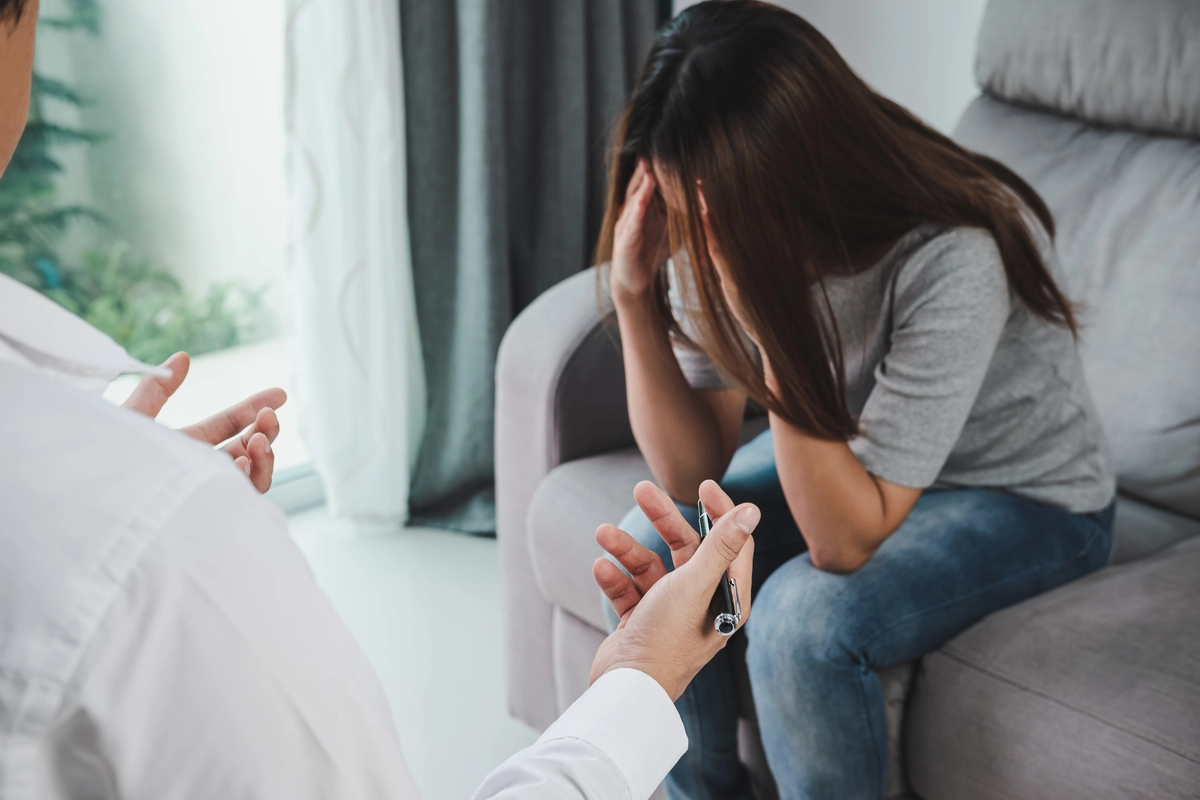24/7 Helpline:
(866) 899-221924/7 Helpline:
(866) 899-2219
Learn more about Eating Disorder Treatment centers in Blue Springs
Eating Disorder Treatment in Other Cities

Other Insurance Options

Magellan

Health Choice

PHCS Network

Horizon Healthcare Service

Optima

Evernorth

BlueShield

American Behavioral

Coventry Health Care

Lucent

Sliding scale payment assistance

Molina Healthcare

Magellan Health

Highmark

Health Net

Access to Recovery (ATR) Voucher

BlueCross

Regence

Self-pay options

Providence

Accent On Recovery
Accent On Recovery is a private rehab located in Blue Springs, MO. Accent On Recovery specializes in...












AA – Alcoholics Anonymous
AA – Alcoholics Anonymous is a non-profit rehab located in Blue Springs, Missouri. AA – Alcoholics A...






